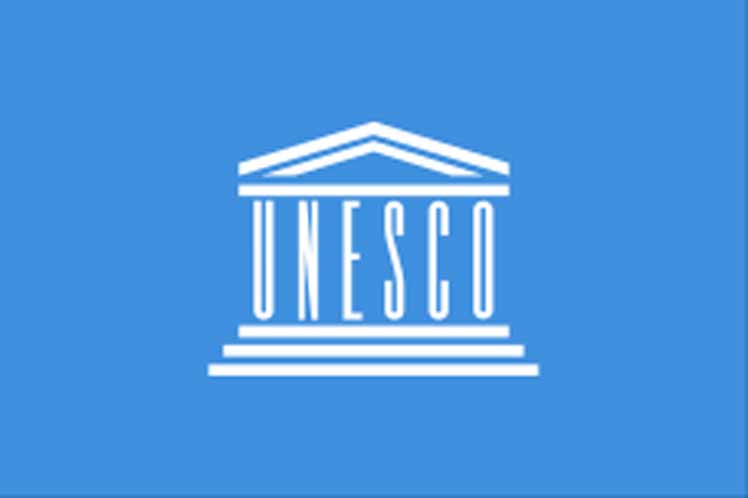Known as eDNA, the program will consist of taking samples of genetic material from fish waste, mucous membranes or cells by scientists and local residents with the aim of monitoring species, UNESCO specified.
The organization issued a statement noting that the two-year initiative will help measure the vulnerability of marine biodiversity to climate change and its impact on the distribution and migration patterns of marine life in World Heritage sites.
It will also help monitor and protect the species included in the International Union for Conservation of Nature (IUCN) Red List.
According to UNESCO, the project was launched in the context of the United Nations Decade of Ocean Science for Sustainable Development (2021-2030), with a contribution to the understanding of global trends and knowledge of efforts in course to preserve marine ecosystems.
pgh/llp/acl/wmr/gdc









